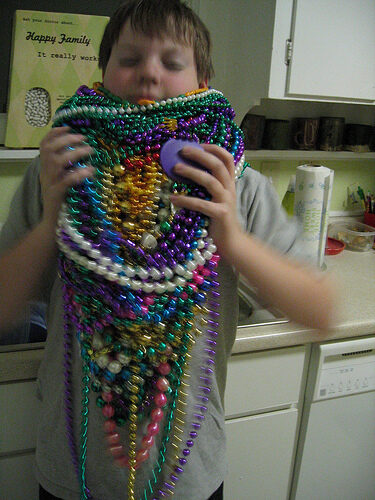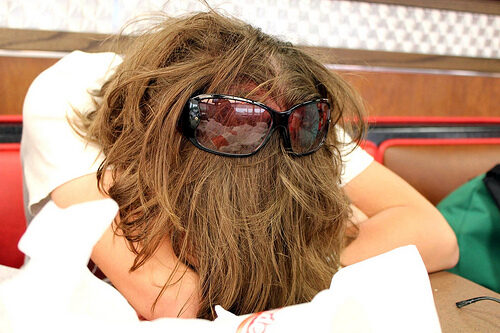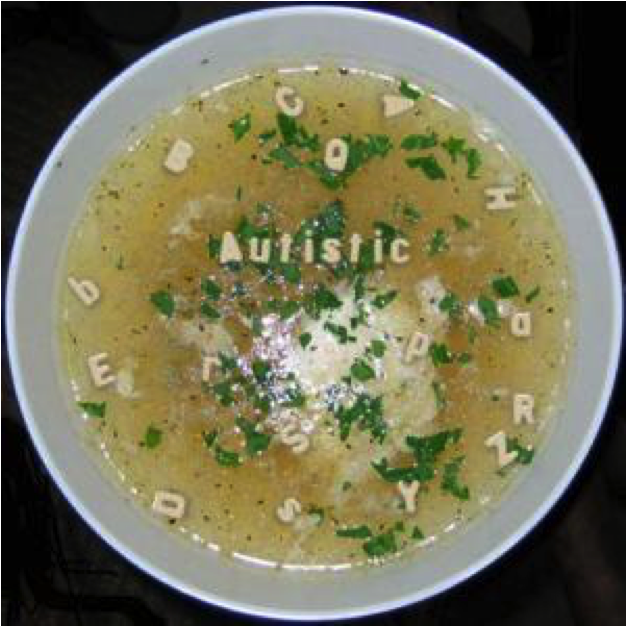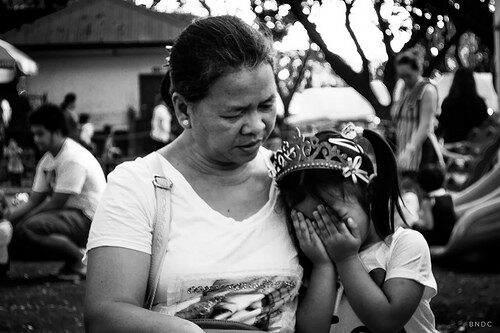Maxfield Sparrow unstrangemind.com [Content note: possible triggers include: forcible sterilization of minorities including Autistic people, forcible gynecological experimentation on minorities, Judge Rotenberg Center, electric shock, stereotypes about Autistics lacking empathy or a sense of humor, stereotypes about Autistics or Black people lacking the ability to feel pain, snakes and feeding live rodents, harmful Supreme Court verdicts, dehumanizing of Autists, getting drunk, preferring drunkenness to talking with Autistic children, humanizing the author of a grossly dehumanizing book.] Come mothers and fathers / Throughout the land And don’t criticize / What you can’t understand Your sons and your daughters / Are beyond your command Your old road is rapidly aging. Please get out of the new one / If you can’t lend your hand For the times they are a-changin’. -Bob Dylan [image: Book cover: A blue background with informal font white text reading, “To Siri With Love,” with a photo of a…
Tag: Maxfield Sparrow
The next time you are tempted to tell an Autistic person their interest is silly, trivial, a waste of time, weird, or pointless, stop—and remember why we love what we love. We are somebody, too, and we must be respected, protected, and never rejected.
When autistic people have unreliable and intermittent speech, a crisis can go past stressful to life-endangering. Max Sparrow talks about coping methods and strategies for handling such crises.
Maxfield Sparrow unstrangemind.com There’s something that kind-hearted and well-meaning people say that can hurt. And it usually goes like this: “Let’s go around the circle and introduce ourselves.” “Hi, my name is Max. I’m a writer, artist, musician, and public speaker. I live in a van with my cat, Fermat, and I am Autistic.” “Oh, Max, I don’t think you should call yourself autistic. Labels are for soup cans, not people! You’re such a sweet, intelligent man. You don’t need to use that label on yourself any more. We all accept you here. You’re just like us and seem totally normal to us. Don’t label yourself.” [Image description: A bowl of alphabet soup with the word “Autistic” made of alphabet noodles floating in it.] The person who says “Don’t label yourself“ is trying to be progressive and enlightened and kind and accepting. It is so hard to tell them that…
Photo © Ted Eytan | Creative Commons/Flickr [image: Multiracial crowd rallying with flags and signs behind a banner reading “Trans Solidarity against transphobia for justice”.] Maxfield Sparrow unstrangemind.com Ten years ago, I wanted to write a paper about autism and gender issues for a gender and sexuality conference at which I had previously presented. I started the research, then dropped into a depression after realizing how little material was available, and that the existing research about autism and gender was both dismal, and erasing. The medical journals talked about transgender autistic children as if their gender issues were delusions, mere symptoms of their autism. I never wrote that paper. Today, not only is there good autism information available, but the “double rainbow” of being both autistic and LGBTQIA+* is just beginning to be more accepted and understood. We have a long way to go, but people are beginning to understand…
Maxfield Sparrow unstrangemind.com Photo © *Hajee | Flickr/Creative Commons [image: Person with black hair and a blue coat. They are holding a hand-lettered cardboard sign over their face. Sign reads, “VERY HUNGRY PLEASE HELP!”] I am not the only Disabled person economically struggling, as disability and poverty go hand in hand. Why is that? The answer is complex, since disability leads to poverty and poverty leads to disability. It’s a vicious cycle and sometimes a downward spiral, leading people to lead lives perpetually circling the drain, always on the edge of annihilation. Let me see if I can untangle some of it for you. “You’re dooming yourself to a hand-to-mouth existence.” That’s what my parents told me when I dropped out of high school. And they were right. Well, they were half-right, anyway. I have spent the last three decades living hand to mouth, but it is not a fate…
Maxfield Sparrow unstrangemind.com Photo © Benedic Belen | Flickr/Creative Commons [Image: Black-and-white photo of an Asian woman comforting a small crying child who is wearing a tiara, and has their hands over their face.] The Thinking Person’s Guide to Autism asked Autistic adults to fill out a survey about death and dying to create a resource for people who need to explain death to Autistic children. The response was tremendous—in less than a week the survey had 50 responses, mostly from Autistic adults. What follows is a summary and analysis of the responses. We hope it is useful to you, your child, your family, your clients, and your students. Please note that some of the responses discuss difficult material, including suicide, and suicidal ideation/threats. Bullet Point Summary Autistic adults were surveyed about death and dying. Most learned about death through observation of people, animals, and plants. Learning about death was…
Maxfield Sparrow unstrangemind.com Freddie Highmore as “The Good Doctor” | photo via IMDB [image: Young white man with short dark hair and dark eyes, wearing a surgeon’s cap, with a surgical mask around his neck. Before last night, the only fictional Autistic surgeon I had seen on television was Dr. Virginia Dixon, the heart surgeon portrayed by Mary McDonnell, who appeared in three episodes of season five of ABC’s Grey’s Anatomy. As Lynne Soraya described Dr. Dixon, “the way the character was written was exploitative, unrealistic, over the top, and insulting.” I completely agree with Soraya’s assessment of Dr. Dixon. So it was with great trepidation that I sat down to watch the first episode of ABC’s new show, The Good Doctor, starring the perennially boyish Freddie Highmore as Dr. Shaun Murphy, a new resident at St. Bonaventure Hospital in San Jose, California. Despite my resistance, I did enjoy the…
Maxfield Sparrow unstrangemind.com Photo © Stephen Melkisethian | Flickr/Creative Commons [image: Black-and-white photo of disability rights protesters at the U.S. Capitol: some using wheelchairs, some not.] We educated our legislators. We wrote letters and made phone calls. We worked hard to get the message across, yet the House judiciary committee has chosen to take the next step to dismantle the Americans With Disabilities Act (ADA): H.R. 620 will go in front of the entire House of Representatives for a vote. We have no idea yet when that vote will be, so we need to renew our efforts to educate and persuade our lawmakers, so they will act to protect the ADA, and reject H.R. 620 and its agenda to confuse and limit the ADA. As I wrote back in May, “Unless we educate our legislators about the harm of notification bills like H.R. 620 and similar state-level legislation, the ADA Title…
Maxfield Sparrow unstrangemind.com A mother’s worst nightmare: That’s what Anna thinks she might be facing at the beginning of Donna Levin’s spellbinding novel There’s More Than One Way Home. It’s 2004 and Anna has accompanied her Autistic son, Jack, as a class chaperone on a field trip to Minotaur Island near San Francisco. When four children—Jack among them—turn up missing, Anna fears the worst. Everyone pulls together to comb the island, and the boys are found. One is dead after all, but to Anna’s guilty relief, it is not her Jack. Thus begins a mother’s second worst nightmare, as Jack is accused of murder. The story unfolds from there: Jack’s loving but authoritarian father’s hands are tied with respect to the case, since he is the district attorney and thus has a conflict of interest. Free-spirited Doctor Valentine helps keep Jack out of the crushing institutionalization of the combined penal and psychiatric…








